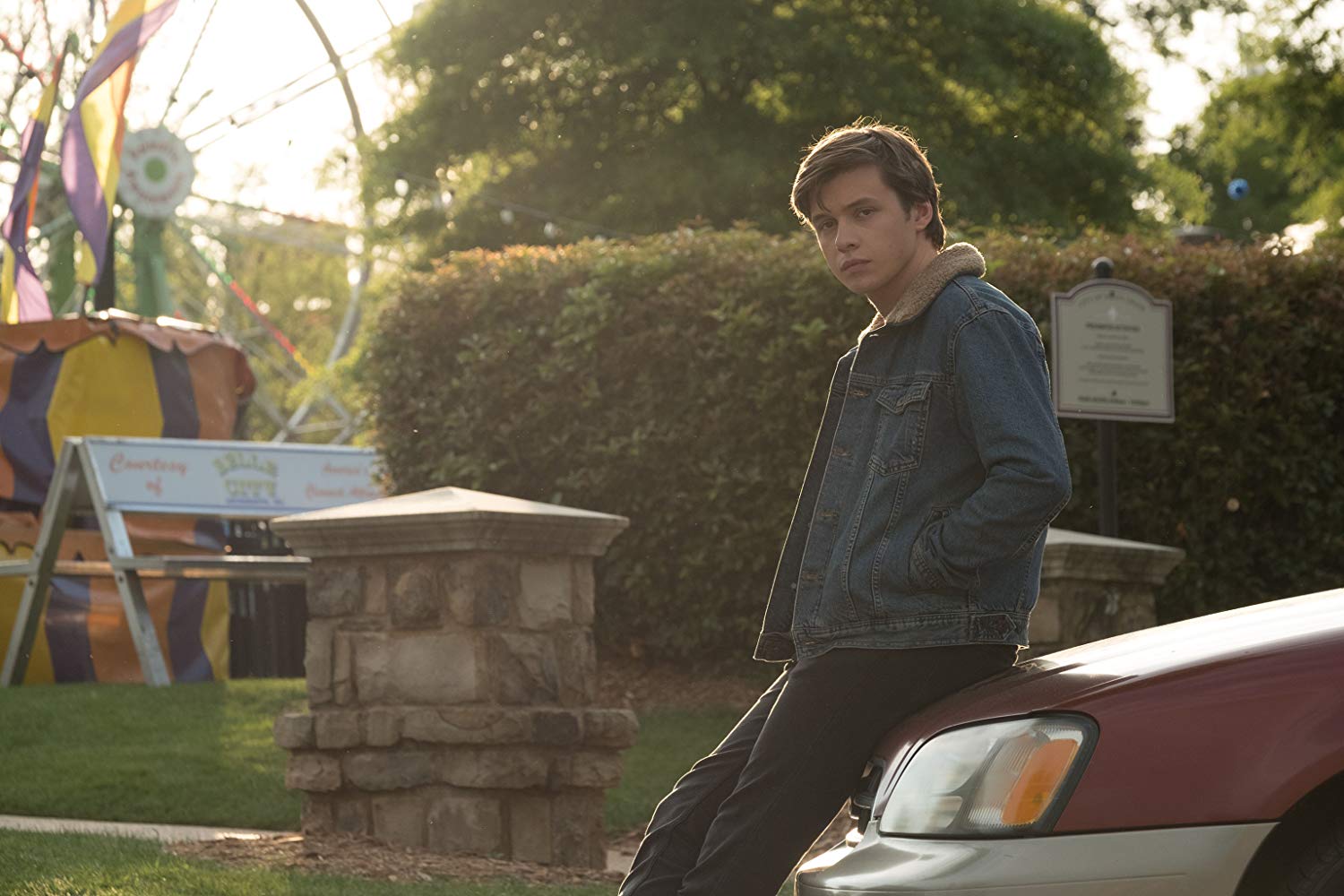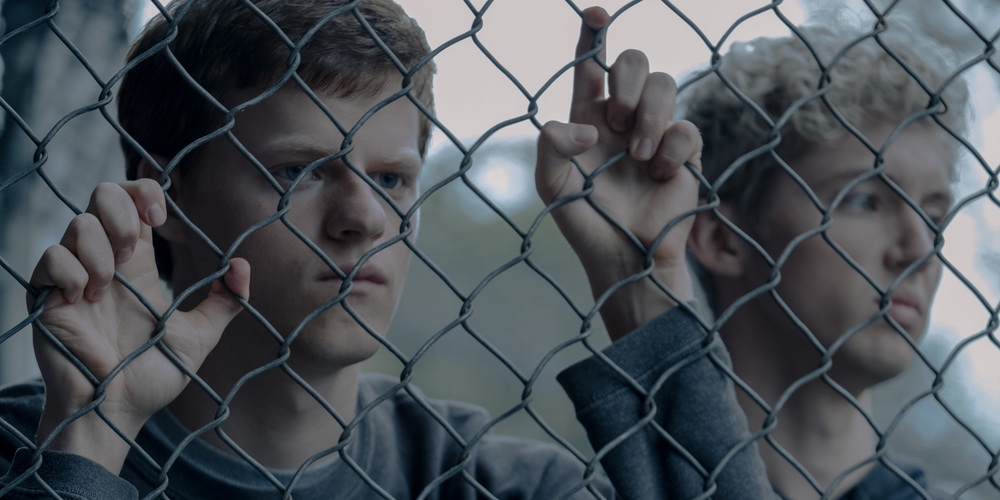By Siavash Minoukadeh, First Year, Liberal Arts
Films have been emerging that are representing queer stories, but the mainstream releases are still excluding many aspects of the LGBTQ+ community.
The last few years have seen a flowering of LGBTQ+ narratives in Hollywood, beginning with Moonlight (2016) and continuing with box-office darlings like The Miseducation of Cameron Post (2018) and Love, Simon (2018). Obviously, this move is a fundamentally positive one and is a marked improvement from even just ten years ago but given the commercial nature of Hollywood, some crucial aspects of the LGBTQ+ experiences are being lost.

Twentieth Century Fox / Ben Rothstein
Hollywood is as much a business exercise as it is an artistic enterprise and the reality is that the nuances and authenticity of the LGBTQ+ community’s experiences are not always of interest to a wider, broadly cisgender and heterosexual audience. In other words, LGBTQ+ films in Hollywood have a tendency to present their characters from an external perspective. Whilst I feel that Disobedience (2018) was a strong film overall, its depiction of queerness, especially in the context of a rather intolerant community, felt underdeveloped.
To better illustrate what I mean, the film can be compared to Naomi Alderman’s novel on which it is based. Within the book, Alderman is free to explore the grappling that each of the primary characters undergo in far more nuance. This is itself part of a wider trend in LGBTQ+ cinema which is recently taking place - very few of these films have original screenplays. Call Me By Your Name (2017), Love, Simon and Boy Erased (2018) are all adaptations of novels or memoirs whilst Moonlight was based on a play.

Photo courtesy of Focus Features
The issues with this are twofold. The first is that something as complex and nuanced as LGBTQ+ identity is incredibly difficult to transfer across from one medium to another without losing what makes it so powerful. This is often exacerbated by having a non-LGBTQ+ production team and director, as was the case in Disobedience. Screenwriting is an art form and allowing LGBTQ+ stories to be told specifically for the format of film is still rather rare. Instead, stories of LGBTQ+ people are then altered and shaped by those who are not themselves members of this community.
This then leads to the second issue: taking pre-existing LGBTQ+ narratives is in essence a form of Hollywood outsourcing its queerness. Rather than bringing these voices into the conversation where original ideas for films are approved, they are left outside the film industry, and their experiences appropriated. This means that we might be seeing more LGBTQ+ stories, but LGBTQ+ people are not entering the industry at the same rate.
Here the caveat of this whole issue should be mentioned. Gay cisgender men have historically found it far easier to be in the film industry and the mainstream LGBTQ+ films that have been given the most media attention have tended to feature these characters. We should not conflate the increasing support for, and representation of, this specific sub-community to be a stand-in for the LGBTQ+ community as a whole. For example, last year saw four major documentaries or biopics of LGBTQ+ figures released. The subjects of these films were Oscar Wilde, Robert Mapplethorpe, Alexander McQueen and Freddie Mercury, all of whom were cisgender men. Whilst it is still a positive trend, it would be unreasonable to expect more marginalised groups of the LGBTQ+ community such as those who identify as non-binary, trans or ace to accept this as somehow representing their own identities.
Yes this is great BUT we need more LBT feature films - the bias is always towards male driven storylines- let’s get women in the picture! #LGBTfilms #Diversity #WomenInFilm #Lesbian #Bisexual #Transgender #FridayFeeling https://t.co/gj0UXDuyUO
— hart2hartproductions (@HART2HARTPRODS) November 16, 2018
However, the case can be made that gay cisgender male commercial successes have now encouraged filmmakers to bring in an even wider range of voices. Disobedience and The Favourite (2018), have brought LGBTQ+ women into the limelight and the upcoming Vita and Virginia (2018) biopic will show two women whose relationship to each other and their sexuality is more complex.
Therefore, while it feels like the current spate of LGBTQ+ films are still problematic, there is hope that these films are only at the beginning of a much more diverse and authentic portrayal of the whole LGBTQ+ community.
Featured Image Credit: Photo courtesy of Sundance Institute
Do you think that Hollywood is finally embracing LGBTQ+ narratives?
Facebook // Epigram Film & TV // Twitter








